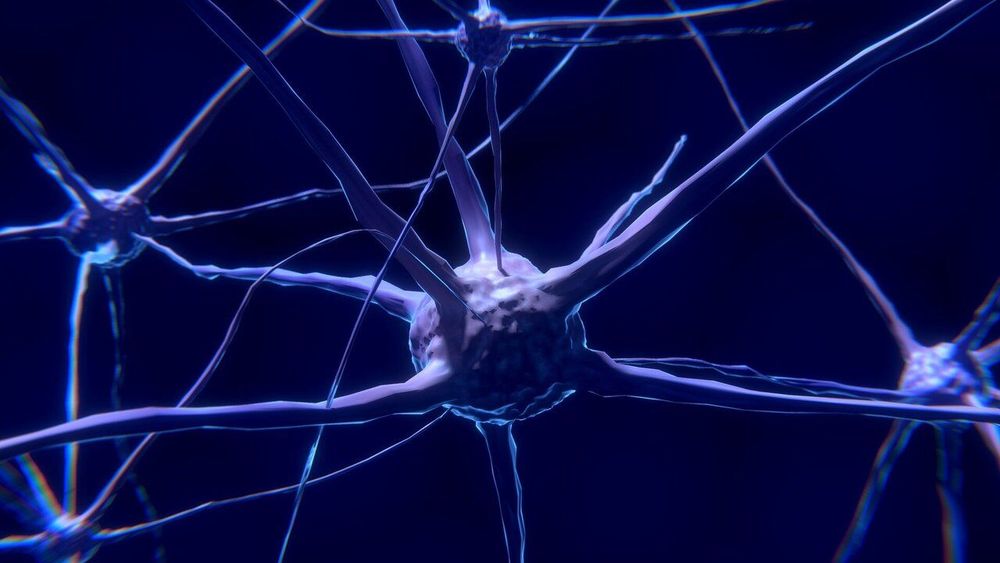Human behavior is often explained in terms of unseen entities such as motivation, curiosity, anxiety and confidence. What has been unclear is whether these mental entities are coded by specific neurons in specific areas of the brain.
Professor Adam Kepecs at Cold Spring Harbor Laboratory has answered some of these questions in new research published in Nature. The findings could lead to the development of more effective treatments for obsessive compulsive disorder, compulsive gambling and other psychiatric disorders.
The team studied the orbitofrontal cortex, an area critical for decision-making in humans and animals alike. Damage to this brain region impairs decision-making. In a famous example, Phineas Gage, a railway worker, survived extreme damage to this area when an iron rod pierced his skull in an explosion. Gage survived but his personality and decision-making skills didn’t.
